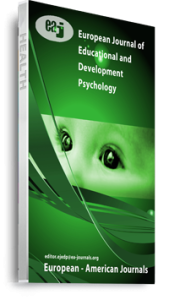This study examines the perspectives of parents of children with disabilities regarding the pursuit of primary education in Mbinga District, Tanzania. The research explores how parents’ attitudes, experiences, and challenges influence their decisions and support for their children’s education. Guided by the Social Learning Theory, proposed by Canadian-American psychologist Albert Bandura in 1977, which posits that learning occurs through observation, imitation, and modeling, this study analyzes parental perspectives shaped by social, emotional, and motivational factors’ convergent research design under a mixed research approach was utilized, employing both probability and non-probability sampling techniques to select respondents. Data were collected through interviews and focus group discussions with parents of children with disabilities. The study found that parents generally value education and recognize its importance for their children’s future. However, they face significant barriers such as social stigma, inadequate infrastructure, lack of specialized resources, and financial constraints, which hinder their children’s full participation in primary education. The study concluded that comprehensive strategies are needed to address these challenges. Increased community awareness, improved resource allocation, and supportive policy frameworks are crucial for enhancing the educational experiences of children with disabilities in Mbinga District. The study recommends that the Ministry of Education and local government authorities organize capacity-building programs for parents, teachers, and school administrators to foster an inclusive educational environment. These measures will help ensure equal educational opportunities for all children, regardless of their disabilities.
Keywords: Inclusive Education, Primary Education, children with disabilities, parents' perspectives

